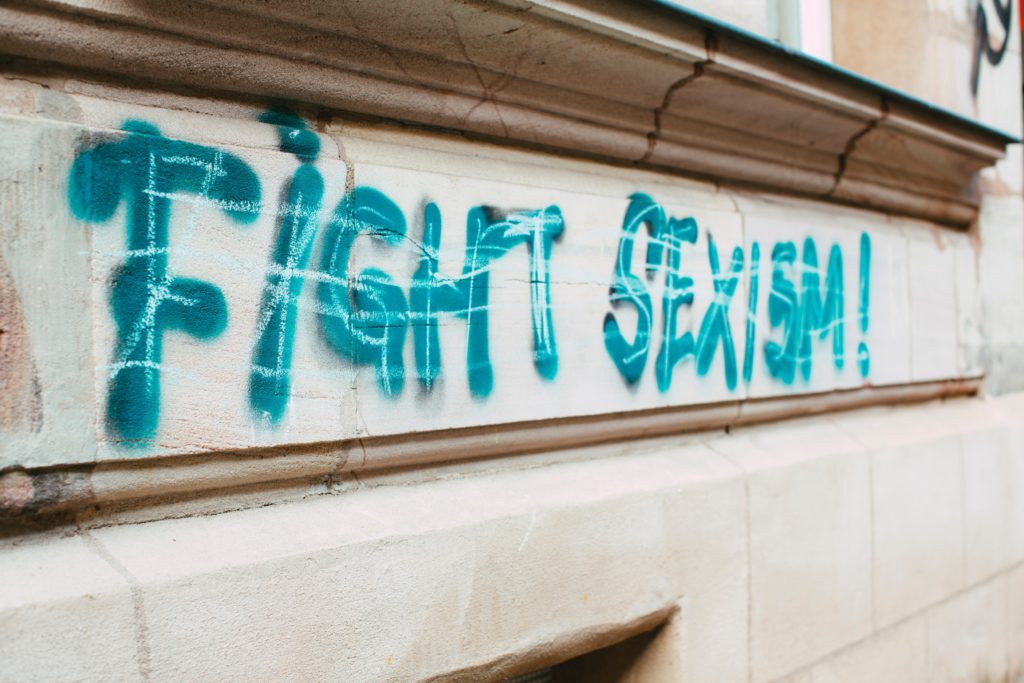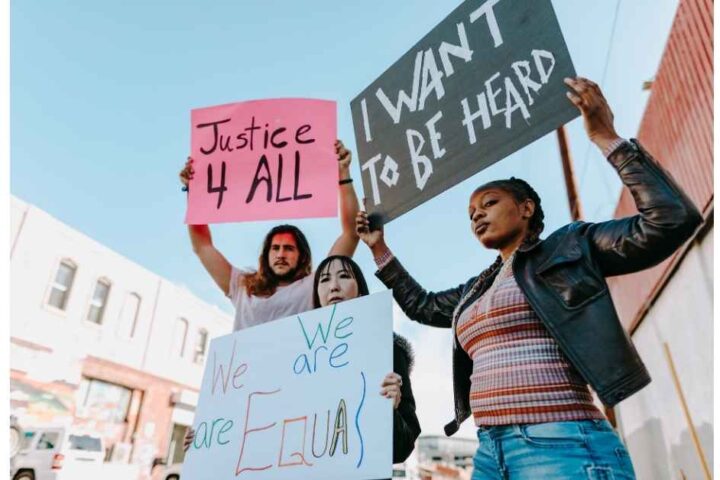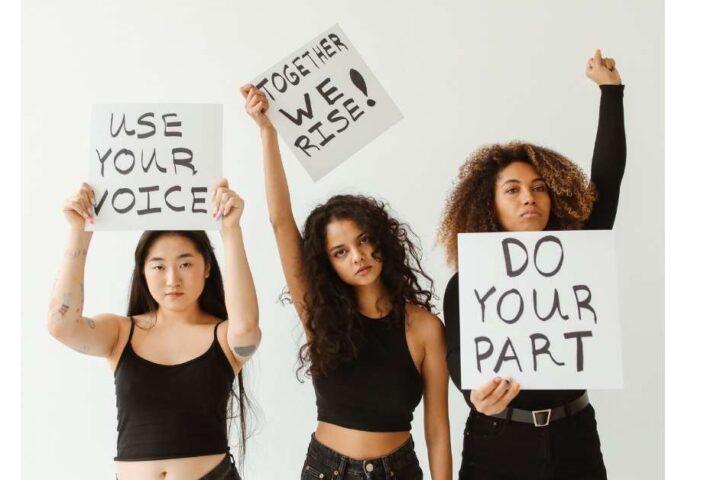Key Takeaways
- Politically incorrect jokes perpetuate harmful stereotypes and can be hurtful to marginalized communities.
- Demanding politically correct accountability in relationships fosters a safer and more respectful environment.
- Politically incorrect humor is lazy and lacks the effort required for inclusive thinking.
- Weeding out toxic relationships that thrive on offensive jokes leads to healthier connections.
- Creating safe and respectful relationships is essential for marginalized groups who face discrimination in the world.
- Standing in solidarity and using our voices to uplift others is crucial in combatting politically incorrect jokes.
Introduction
In today’s society, politically incorrect jokes continue to permeate our conversations and humor. However, it is important to recognize the harm and perpetuation of stereotypes that these jokes can cause, especially to marginalized communities. This article aims to shed light on the significance of standing up to politically incorrect jokes and the importance of accountability and respect in relationships and society as a whole.
Challenging Offensive Humor
When faced with a politically incorrect joke, it can be tempting to dismiss it as harmless or to question why someone cannot simply take a joke. However, as our understanding of social dynamics and empathy grows, we begin to see the humanity behind the individuals targeted by these jokes. We realize that laughing at their expense is not only insensitive but also perpetuates harmful stereotypes.
Politically incorrect jokes often rely on sweeping generalizations and ridicule individuals who already face numerous forms of oppression. By laughing at these jokes, we further marginalize and belittle those who are already struggling in society. Recognizing this, we start to lose the ability to find humor in these offensive jokes, and that is a positive development.
The Importance of Accountability in Relationships
Demands for politically correct accountability within relationships reflect a desire for safety and respect. In a world where marginalized individuals often lack safety and face discrimination, it is crucial to create spaces where they can feel secure and valued. Holding ourselves and others accountable for our language and actions helps foster such an environment.
Politically incorrect humor is lazy. It relies on stereotypes and does not require effort or creativity. In contrast, inclusive language and jokes that uplift rather than harm require more thought and intention. By putting in the extra work, we can make our jokes smarter, funnier, and less dangerous. This approach not only contributes to a healthier relationship but also supports the broader goal of creating a more inclusive and just society.
Weeding Out Toxic Relationships
Embracing politically correct accountability may lead to challenging and even losing friendships. However, the friendships that remain are often stronger, more intelligent, and more aligned with progressive values. These relationships are built on mutual respect and understanding, where mistreating or shaming others is not acceptable.
Offensive jokes carry toxicity, and individuals who persist in making such jokes without acknowledging their privilege and the harm they cause are part of that toxicity. By weeding out these harmful influences, we create space for healthier relationships based on respect and equality. In a world that can be unwelcoming and discriminatory, these relationships become even more vital.
Creating Safe and Respectful Relationships
Every individual, regardless of their race, gender, body type, or any other innate characteristic, deserves to be treated with respect. We have a responsibility to co-create relationships that prioritize safety and do not involve making fun of others based on who they are. Society’s ever-changing ideas of acceptability should not dictate how we interact with one another.
By committing to language and jokes that do not harm marginalized people, we uplift and support one another. It is our duty to hold ourselves and those around us accountable for the impact of our words and actions. Instead of perpetuating harm, we should strive to create relationships that empower and celebrate diversity.
Standing in Solidarity and Uplifting Others
The answer to politically incorrect jokes is simple: stand in solidarity with those who are the targets of such jokes. As individuals, it is our role to use our voices to lift others up and challenge offensive humor. By speaking out against politically incorrect jokes, we contribute to a more inclusive and respectful society.
By standing up to politically incorrect jokes, we show our commitment to accountability, respect, and empathy. Together, we can create a world where everyone feels safe and valued. Let us embrace the power of our words to uplift and empower, rather than perpetuate harm and discrimination.
In conclusion, the significance of standing up to politically incorrect jokes lies in our responsibility to foster accountability and respect in relationships and society. By challenging offensive humor, we create a safer and more inclusive environment for all. Let us work together to build connections rooted in empathy, understanding, and solidarity, ensuring that our interactions uplift and celebrate the diversity of the human experience.









